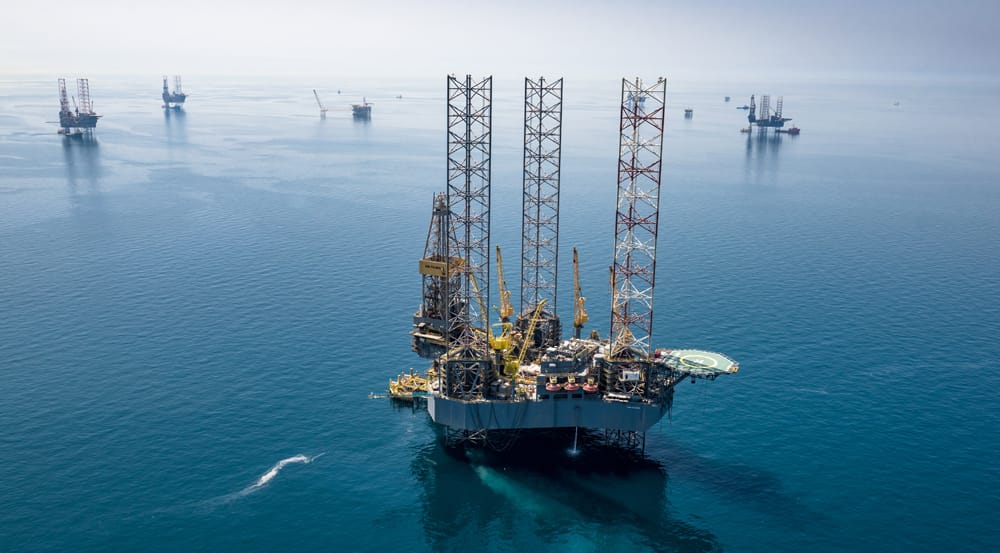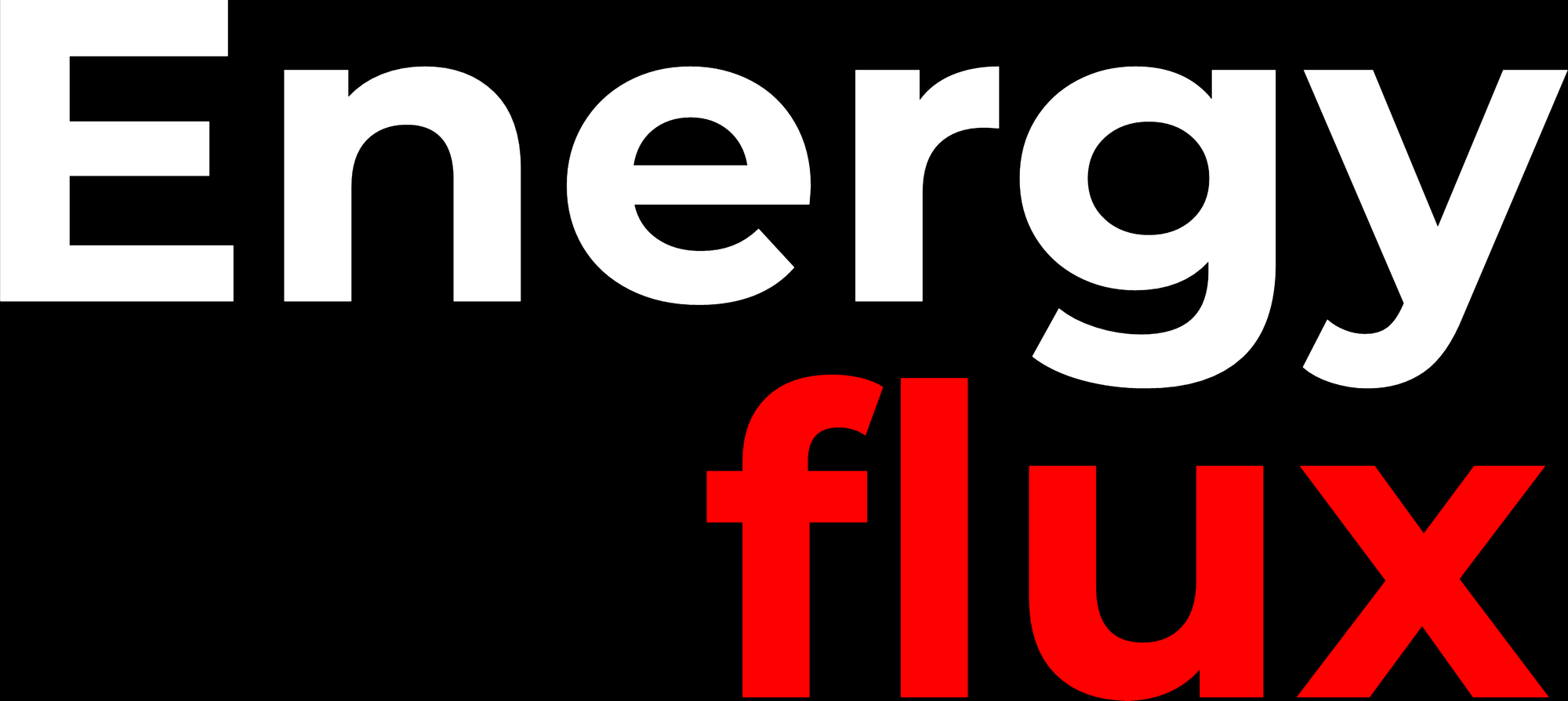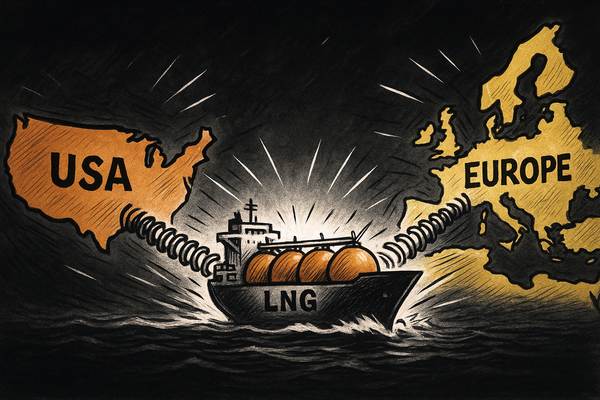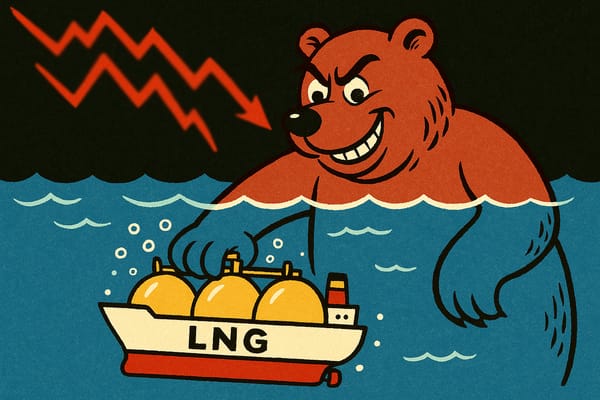National oil companies could be early winners on the road to ‘net zero’
IEA roadmap poses big strategic opportunity for those sitting on the cheapest barrels


Member discussion: National oil companies could be early winners on the road to ‘net zero’
Read what members are saying. Subscribe to join the conversation.





